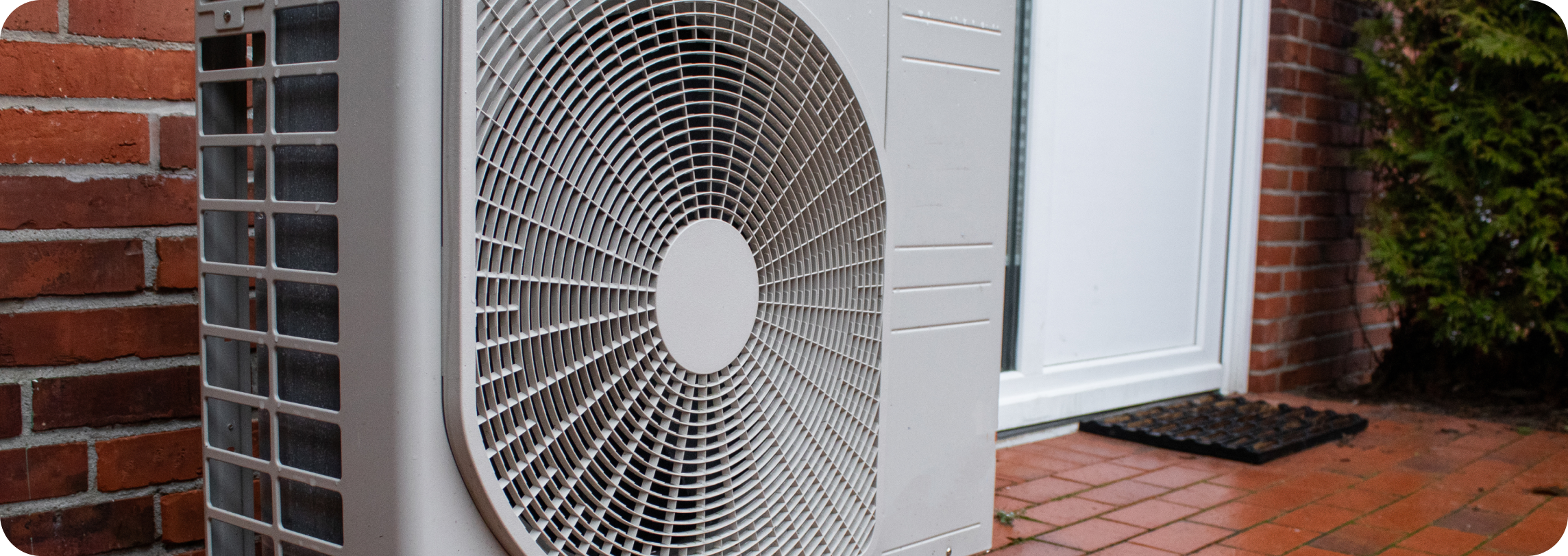Using heat pumps to push ahead with gas dependency and the energy revolution

Dependence on fossil fuels such as gas is an urgent problem — not only for the environment, but also for the energy supply of the future. But there is a promising solution: heat pumps. In this article, you will learn how this sustainable technology not only reduces gas dependency, but also makes an important contribution to the energy revolution and climate protection.
The challenge: Dependence on fossil fuels
In Germany, fossil fuels are still essential — particularly in the heating sector. According to the Federal Environment Agency, space heating and process heat accounted for just under 27% of total final energy consumption in 2021. A significant portion of this heat is provided by fossil fuels such as natural gas and heating oil. In 2023, private households consumed around 632 terawatt hours (TWh) of energy, which corresponds to around a quarter of total final energy consumption. Fossil heating systems dominate:
- 48.2% the apartments are heated with natural gas,
- 25.6% with heating oil,
- 13.9% with district heating, a significant part of which also comes from fossil sources.
This dependency not only has an impact on the environment, but also on energy prices and security of supply. Germany imports fossil fuels such as coal, oil and natural gas annually for around 80 billion euros. In addition, the heating sector is responsible for around 30% of German CO₂ emissions.
In view of these figures, it is clear that a rethink is necessary. Heat pumps offer a promising alternative to reducing dependence on fossil fuels and at the same time contribute to climate protection.
How heat pumps contribute to reducing gas dependency
Heat pumps offer an efficient way to reduce dependence on fossil fuels. One Current analysis by the European Heat Pump Association (EHPA) shows that replacing gas heating systems with heat pumps could save around 13 billion cubic meters of natural gas annually in 14 million European households — this is roughly equivalent to the total amount that Europe currently imports from Russia for building heating and hot water production.
In addition to reducing gas consumption, heat pumps also contribute to reducing CO₂ emissions. According to calculations by the German Heat Pump Association, heat pumps can cause between 41% and 52% less CO₂ emissions with an average electricity mix in Germany as conventional gas heaters. As the share of renewable energy in the electricity mix increases, this advantage will continue to increase.
The EHPA aims to increase the number of heat pumps in Europe to 60 million by 2030. This expansion would not only improve energy efficiency and climate protection, but also increase energy security and strengthen independence from fossil imports.
In Germany, heat pumps have already saved 1.8 million tons of CO₂, which corresponds to the annual CO₂ emissions of around 150,000 Germans. These figures illustrate the potential of heat pumps to make a significant contribution to reducing gas dependency and promoting a sustainable energy future.
Funding opportunities and financial support
If you want to install a heat pump in Germany, you have attractive Funding opportunities available. State funding is carried out through the “Federal Funding for Efficient Buildings” (BEG) program and includes grants and low-interest loans.
For private owners of existing buildings who replace their old gas or oil heating system with a heat pump, the KfW funding 458 available. The subsidy is up to 70% the eligible investment costs. The maximum eligible costs are single-family homes chez 30,000€.
Die basic funding amounts to 30%. The 20% climate speed bonus is intended for self-using owners who are replacing gas, oil, coal or night storage heating systems that are at least 20 years old. In addition, there are various bonuses, such as a 5% efficiency bonus for particularly efficient heat pumps and a Income bonus of 30% for households with a taxable income of up to 40,000€ per year.
Similar funding conditions apply to companies, landlords and municipalities. Subsidies and low-interest loans can also be applied for here. The exact conditions vary depending on the applicant and the type of project.
Please note that the funding application must be submitted before the start of the measure. Subsequent funding is not possible.
Secure your funding quickly and easily — with autarc funding aid!
With the Autarc funding aid save time and effort: Our platform accompanies you through the entire process — from funding testing and preparation of all necessary requirements to a precise heat load calculation in accordance with the highest standards. Save time and increase customer satisfaction — start now!
%25203%2520(1).webp)